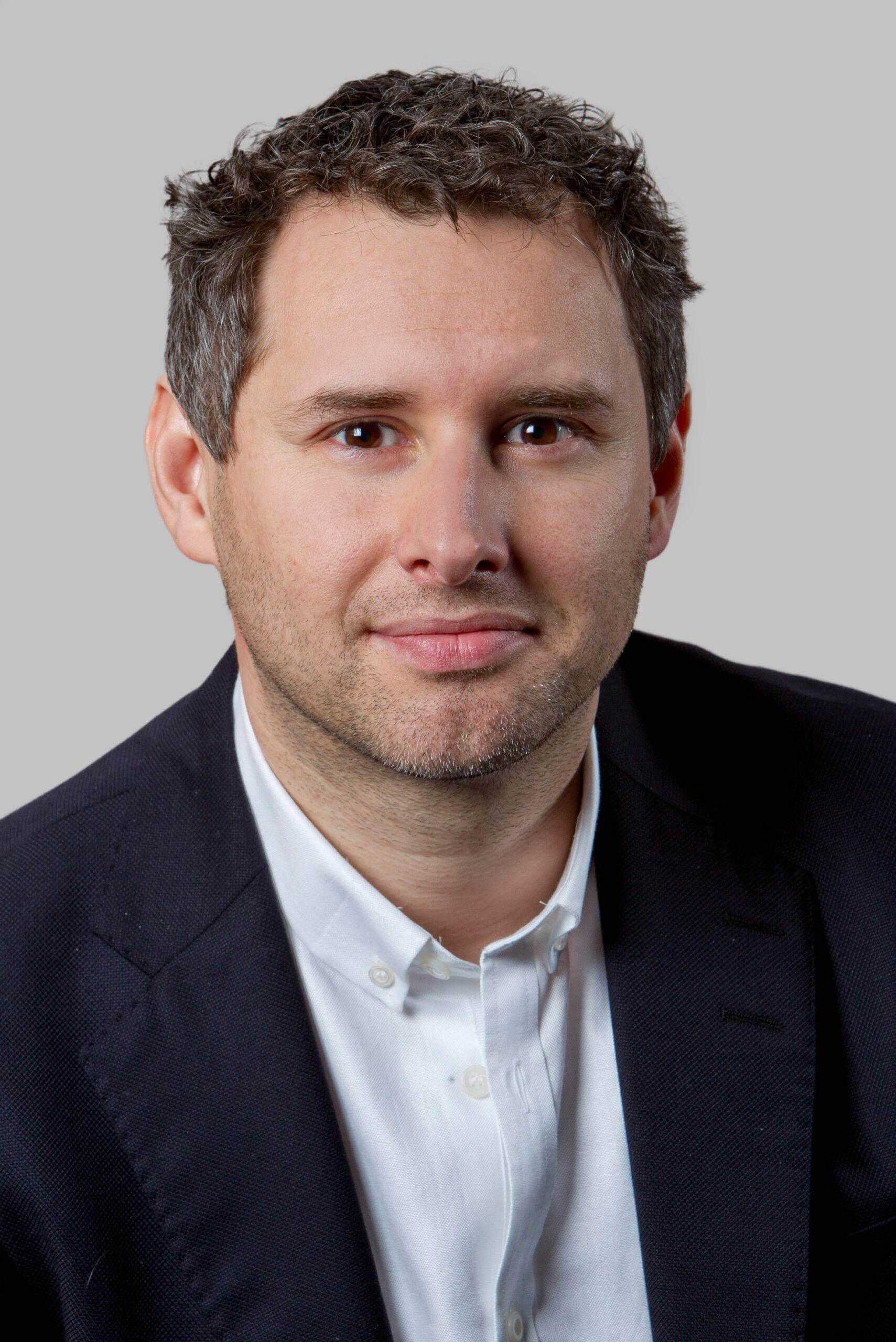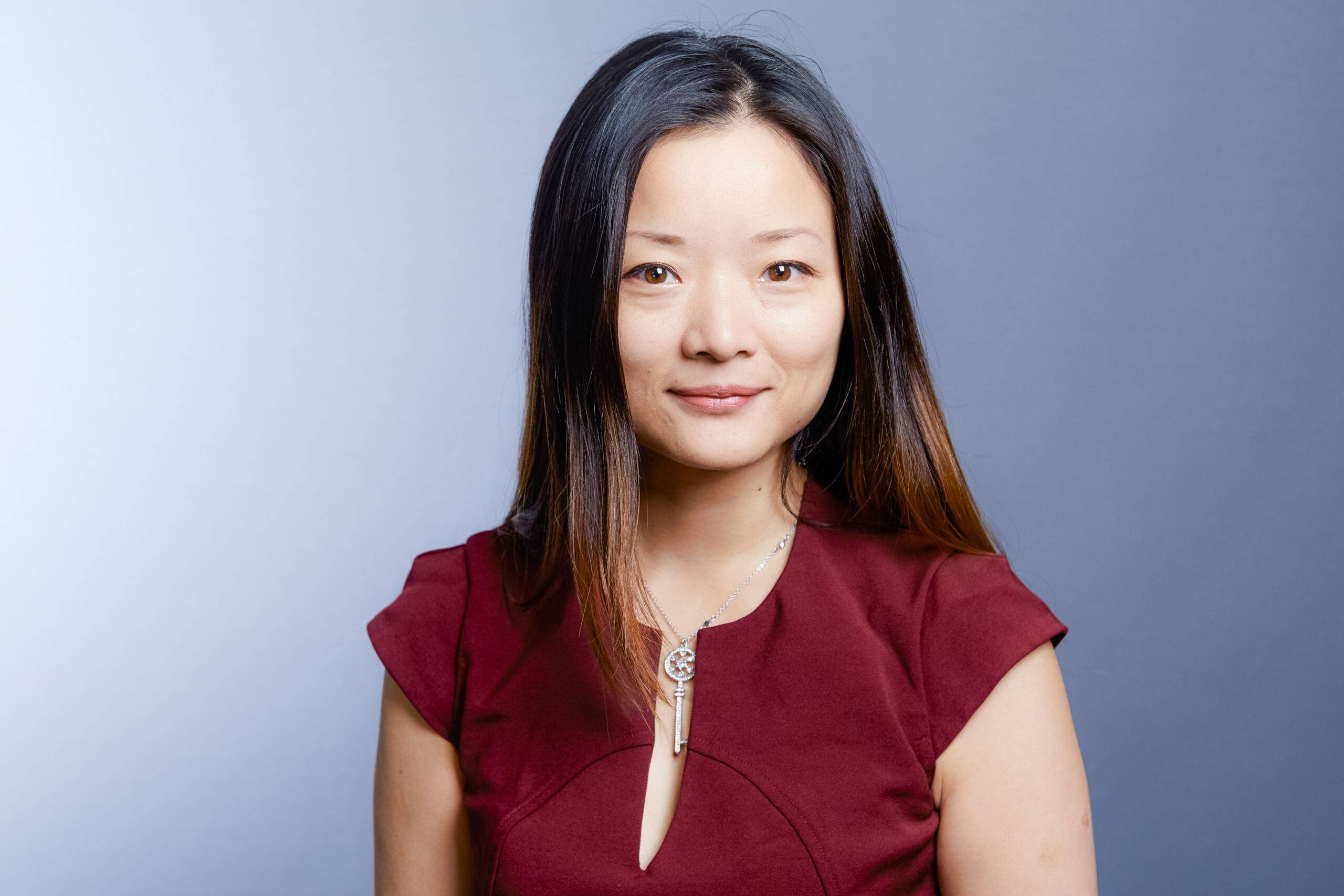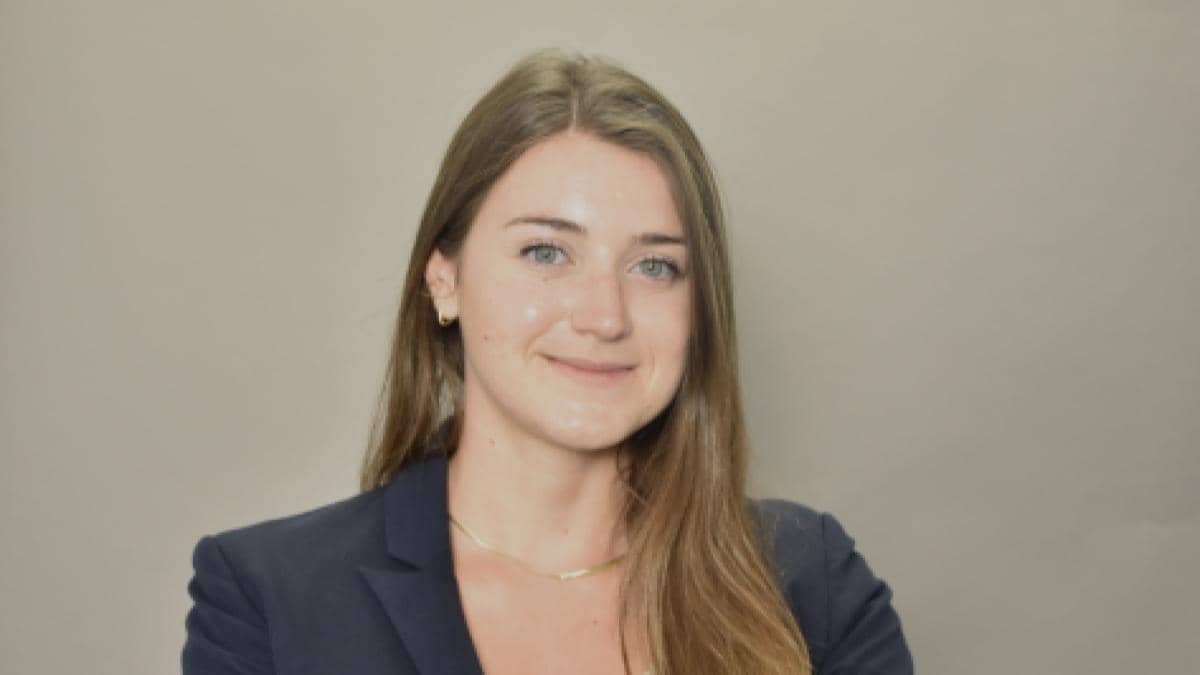Marc Chatin from Parus Finance is our Fund Manager of the Month

31 JAN, 2024
By Johanna Zidani from RankiaPro Europe
Marc Chatin joined Parus as a Portfolio Manager in 2012. Prior to joining Parus, he worked at several long-short equity funds including Edoma ($2.2bn peak AUM), Talaris ($1bn) and Gandhara ($3.5bn) either as a generalist analyst or as a portfolio manager focusing on the TMT sectors. Marc also spent four years working at Cisco in corporate business development and two years at Rothschild in M&A. Marc has an MBA from the Wharton School of Business and a BA from ESSEC.
What made you decide to go into the financial sector? Did you have any other vocations? Why Parus?
Reading investment books is what initially developed my interest for my current job. I started in M&A and was quickly attracted by principal investment. My next experiences led me to try both private and public equities and public equities is where I really clicked. It’s a passion research job where you can exercise infinite curiosity and judgment. For some people it’s the best job in the world, while for others the worst…for me it was the former. As for Parus, I discovered a process based on long-term fundamentals that was very different from the more traditional Long/Short equities shops.
What can your funds contribute that others cannot in the current market conditions?
From the start, Parus decided to launch one single strategy designed to navigate different market environments, as opposed to launching various products each suited to one type of market. Through a bottom-up portfolio construction, the investment process will lead to select positions from three distinct investment universes: growth and value on the long side complemented by balance sheet shorts. Beyond the alpha generation potential of each universe, the differentiating piece of the strategy is the evolving mix between the three. Over time the strategy will have phases of more growth or value and a phased variable net exposure (historically from 0 to 100%). This is something that can be valuable in the type of volatile markets that we have had since 2020, to protect against significant drawdown while still benefiting from some up markets.
How should investors orient their portfolios in this environment?
Over a long period of time, we tend to find outperformance in quality companies with superior growth characteristics or with very cheap value mean reverting opportunities. The first group can be held for many years whereas the second group is a mid-term holding period of 1-3 years. Over a long period of time, this approach will outperform.
More short-term at the beginning of 2024, the market is pricing a goldilocks scenario of low inflation and low unemployment after having feared a deeper recession for most of last year. In that respect, much more of the good news is priced in and there is more downside risk than a few months ago. With that in mind, we are quite happy to have a few shorts around companies with a weak balance sheet. After a decade of free money, there has been excesses and weak balance sheets are now likely to underperform.
Could you give us an example of a stock you have held in your portfolio for a long time and why?
The companies that we held the longest were disruptive businesses which presented strong growth and most potential. They looked very expensive at start and as they and later their earnings growth compensated for the derating.
We invested in Google in November 2004 one month after the IPO (at 4$), and in Facebook in October 2012 (at 20$), in Tesla in May 2013 (at 5$) and Nvdia in 2017 (at 25$). We have kept the positions at various sizes since. At the time none of the companies were profitable and they were very controversial investments which seems odd given where they are today. Others did not do as well, and Blackberry is a famous one where the disruptor was disrupted.
What ratios does a company have to meet to be part of your portfolio?
In the end an investment in a company is the result of a qualitative analysis of various fundamentals. Ratios are useful to narrow down the investment universe. For example, in the growth space we tend to narrow the universe to companies with an annual organic growth above 15% and a gross profit/asset ratio above 35%. In the value space we tend to look at cyclical mean reverting opportunities using EV/Sales or P/B ratios and comparing them to a 15 year range.
Has ESG changed your investment approach?
ESG is today’s approach to what used to be called responsible investing. Parus has always been about responsible investing so our values are very much aligned and adopting an ESG framework was quite easy for us using the angle of environment and did not require a change of philosophy. All our funds are Article 8.
ESG is an evolving framework that is not mature enough to be standardized or set in stone and still requires a bespoke approach. In that sense we favour a realistic ESG to a dogmatic one.
What is your view of the hedge fund industry in a world where Private Equity is expanding so fast?
The past decade has been a golden age for private equity. In today’s world, being in the spotlight as a public company is not always rewarding and private equity is offering an ecosystem for a world under the radar. In addition,14 years of free money and central banks have created a long virtuous circle of increased AUM, valuations and returns.
Despite this and despite the privilege of no marked-to-market and no liquidity, PE net returns in most cases have not outpaced those of public markets. One should keep in mind that private equity computes their returns based on invested capital whereas public equity returns are diluted by the non-invested cash. This can inflate the private vs public returns by up to 50% everything else being equal.
Finally going forward, a world where the cost of capital is no longer free should be favorable for hedge funds which should be well suited to navigate different market environments.


